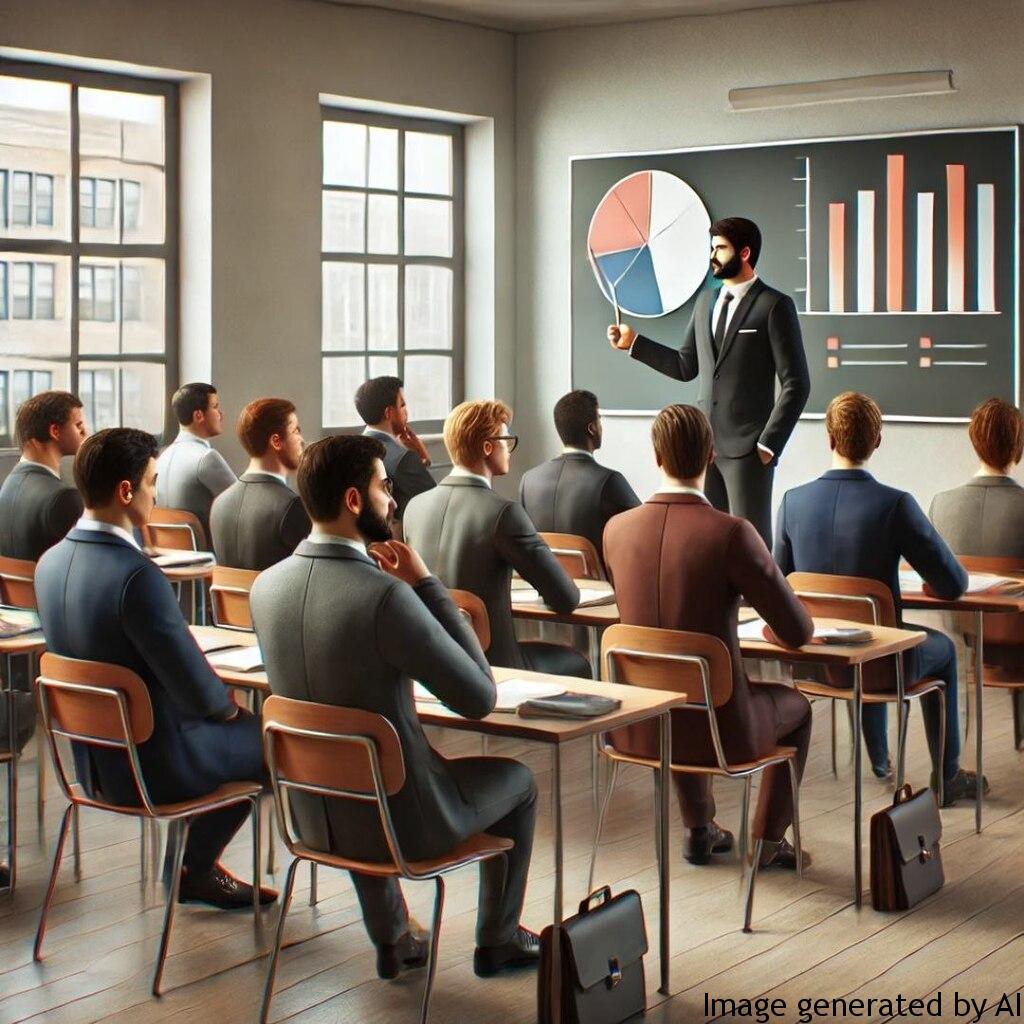Introduction
Sexual violence is a widespread issue affecting individuals regardless of their sex, age, nationality, or social status. However, due to deeply ingrained societal norms and gender stereotypes, there’s less awareness around males being victims of sexual violence. Despite gender stereotypes, men too can be victims of such crimes, with distressing consequent effects on their physical and psychological health. The purpose of this article is to discuss the issue of male victims of sexual violence, its statistical data, and existing support channels.
Gender Expectations and Their Impact on Men’s Mental Health
Social norms and culturally constructed gender roles profoundly impact individuals. For males specifically, societal expectations of rugged masculinity can negatively affect their mental health.
Masculinity Ideals
Across many cultures, men are traditionally expected to be emotionally distant, physically strong, and self-reliant. These gender norms often disallow expressions of vulnerability or seeking help when needed, leading to an increased risk of suppressed emotions and mental health issues.
Fallout of Breaking Gender Norms
Men who do not conform to these norms or reveal their victimization often face societal backlash or humiliation, leading to feelings of isolation and decreased self-esteem. Moreover, they may not seek necessary psychological help due to fear of emasculation.
How Gender Roles Affect Men’s Lives
Rooted societal expectations often result in victim-blaming in cases of male victims of sexual violence. “Real men can defend themselves” is a common stereotype propagating this victim-blaming culture. Consequently, male victims often feel reluctant to come forward or report these incidents for fear of ridicule or not being taken seriously, hindering justice from being served.
Tips to Improve Mental Health Considering Gender Roles
Despite societal pressures, it’s vital to break the stigma surrounding male sexual assault victims to address their mental health needs effectively.
Seek Professional Help
Recognizing that seeking help is not a sign of weakness, but rather strength, is vital. Professional therapists or counselors trained in dealing with sexual assault victims can provide valuable help.
Join Support Groups
Support groups for male sexual assault victims can offer solace and guidance. Sharing experiences with others who have faced similar situations can foster collective healing and reduce feelings of isolation.
Foster Open Communication
Fostering open communication regarding personal experiences and feelings can counteract the harmful societal pressures on men to bottle up their emotions.
Conclusion
Men, too, are victims of sexual violence, and the issue warrants serious attention. Breakdown of traditional gender norms can start dialogues about male victimization, decreasing stigma and promoting proper mental health support. Let’s strive for a society where victims of sexual violence, regardless of their gender, can openly seek the help they need without fear of judgment or humiliation.

